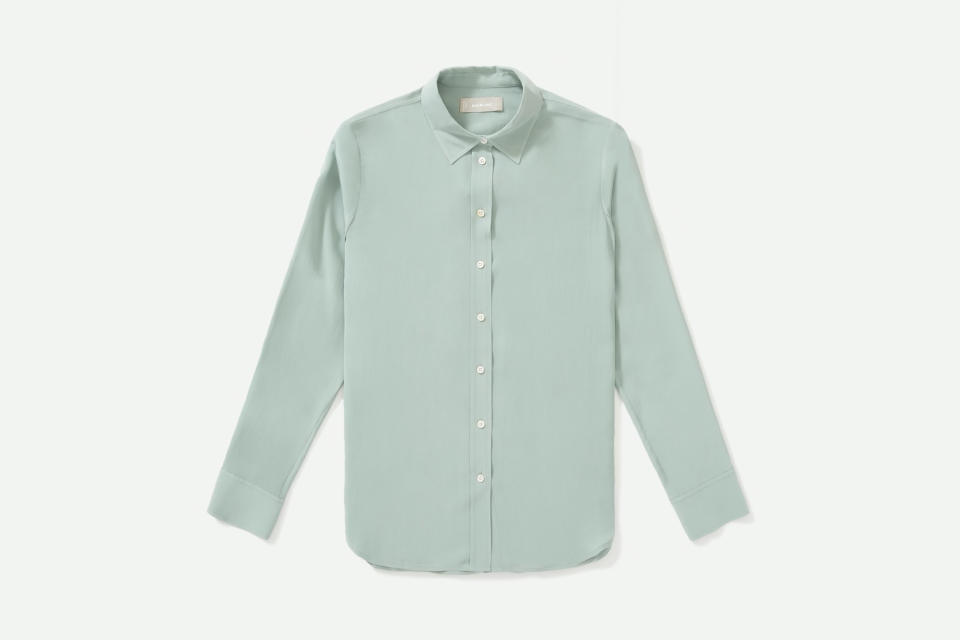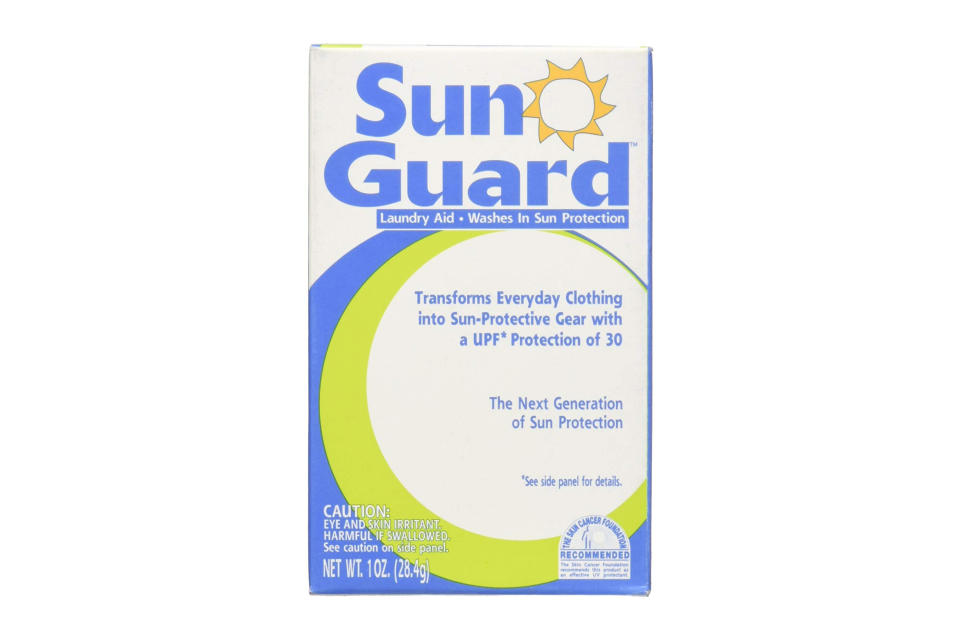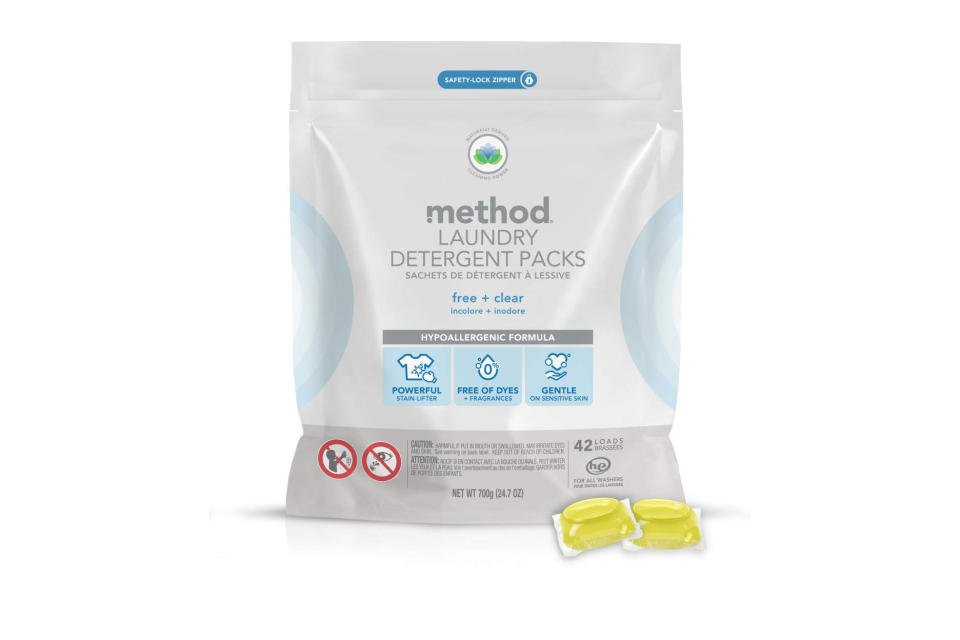Does what you wear have an effect on your skin’s health?
Considering everything our skin comes in contact with on a daily basis (pollution, chemicals, products, etc.), it’s normal for it to react negatively from time to time, in the form of breakouts, rashes, or even flare-ups. If you’ve ever had a reaction, you’ve probably factored in the skincare product you used and the environment you were in, but have you ever thought about your clothes? Can the fabrics we put on our bodies affect our skin’s health?
People will try just about anything to clear up their skin; they’ll switch to plant-based beauty products, slather on acne-fighting products, and even rethink their diets, but they may not be thinking about making a change to their wardrobe. We tend to buy the clothes we are attracted to, whether they are aesthetically pleasing, how they flatter our shape, or if they look trendy and fun to wear. But do we ever reach inside to check out the label and see their fabric composition? (Truth: I have worked in fashion for around 15 years, and I have never done that.)
To break down what fabrics matter and how to shop for our skin, I spoke to two dermatologists, Joshua Zeichner, M.D., and Sapna Palep, M.D., as well as co-owner of lingerie brand and store Journelle. They gave us the 411 of the effects clothes have on our skin, and why certain ones are better for it than others.
What is the best fabric for all skin types?
Both dermatologists say natural fibers are the best to put on your skin; think of your cotton (organic will keep you extra protected), wool, cashmere, hemp, silk, alpaca, and linen. Natural fabrics are soft, moisture-wicking, and hypoallergenic, not to mention better for the environment.
Organic Cotton Tee:

Feel good about wearing this on a daily basis, whether with a blazer on top or under a V-neck sweater. Not only is it organic, but it’s made from recycled materials as well.
Alpaca Sweater:
Sweaters made from alpaca won’t mat or pill, so this bold orange sweater will be in your closet for years.
100% Silk Top:

A button-down gets a more relaxed and less stuffy feel when made out of silk.
What fabrics should you avoid if you have sensitive skin?
Dr. Zeichner also suggests that synthetic fibers, like polyester, at a microscopic level can act like barbed wire and disrupt the outer skin layer, and says it’s best to stick to soft, breathable fabrics like cotton and silk. Consider the treatment of the clothes and where you purchased them as well, says Dr. Palep, since both can affect your skin’s health. “Allergic skin reactions to clothing are most often a result of the formaldehyde finishing resins, dyes, glues, chemical additives, and tanning agents used in processing the fabric or clothing.” She also suggests thoroughly washing any vintage clothes before wearing them, since they can carry dust and dander.
What about polyamides? Yay or nay?
Polyamides, or nylon, are fabrics derived from synthetic sources. Both derms recommend avoiding if you have extremely sensitive skin, like if you have eczema, for example.
What’s up with viscose? Should we avoid it?
Although viscose is a synthetic fiber, Dr. Zeichner explains that it’s derived from natural sources and can mimic soft fibers. Dr. Palep also speaks favorably of the fabric, adding that creating it produces little waste, making it more eco-friendly and sustainable than other alternatives. She explains, “it’s relatively light, doesn’t trap body heat, soft, comfortable, and breathable all thought to be overall good on the skin.”

Although a longer length, the fact that this dress is 100% viscose makes this dress lighter and versatile for different types of temperatures.
What’s the deal with clothes with SPF? Can the sun’s rays still get through to our skin?
Dr. Zeichner says to look for clothing labels with UPF, which stands for ultraviolet protection factor. “I generally do not even recommend applying sunscreen underneath some protective clothing,” he says. “Even if the clothing is not labeled as sun-protective, many textiles will physically block UV rays from penetrating through the skin.” He recommends looking for tightly knit, dark-colored fabrics. The lighter the color and looser the weave, the less protection from the sun’s rays you will have, he explains. As an alternative, you can also wash your clothing with a laundry treatment that will give it up to 30 washes of UPF protection.

Is there any skincare product we can apply to our skin to prevent having a reaction to certain fabrics?
Dr. Zeichner suggests applying a bland moisturizer to keep the skin barrier in the best shape possible: “Vaseline intensive care advanced repair lotion contains triple purified petrolatum in a light, easy-to-spread lotion. It forms a breathable, protective seal over the surface of the skin.”

Rub this non-greasy, derm-approved cream all over your body post-shower.
Ok, so we’ve talked about general clothing, but what about our intimates?
Dr. Palep stresses that fit and comfort are important: “You need to make sure that you are wearing the proper size, so there are no points of discomfort, rubbing, or irritation.” The right style and fit of undergarments can prevent rashes, fungal, bacterial infections, and, God forbid, boob acne.

This cotton bra is everything you want in a comfortable fit, with a side of sexiness.
What else should we take into account when it comes to dressing for our skin’s overall health?
Dr. Zeichner says that sometimes it’s not so much the fabric itself, but rather the detergent used to wash the fabric. “Stick to fragrance-free, dye-free detergent to wash your clothing and do not overdose on your washing machine,” he says. Applying too much detergent can cause the cleansing ingredients to become lodged between the fibers of the fabric, which can irritate the skin.

Fear not about over-soaping or a detergent with any harsh chemicals with these hypoallergenic single-load packs.

